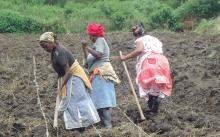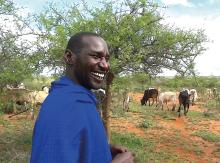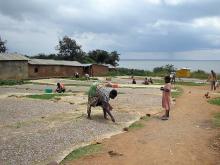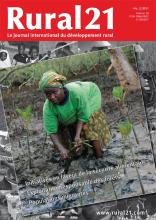Land Library
Welcome to the Land Portal Library. Explore our vast collection of open-access resources (over 74,000) including reports, journal articles, research papers, peer-reviewed publications, legal documents, videos and much more.
/ library resources
Showing items 1 through 9 of 116.Following the end of apartheid, South Africa’s government set itself ambitious goals with a planned land reform. However, there have since been barely any changes in the country’s agricultural structure, and the positive impacts that were hoped for on rural livelihoods have hardly materialised.
The year 2016 marks 15 years since the new wave land reforms became operational in Tanzania. Despite its ambitious goals – encouraging land registration and titling, and empowering women and other vulnerable groups – the results are disillusioning.
The land reform process in Cambodia is full of examples of injustice and human rights violations. Promises to improve the situation of the landless and land-poor citizens have remained unfulfilled. Development co-operation efforts have not changed this either.
In 1978, the rural reform began in China, and since then farmers, including the poor ones, have benefited from a steady growth in income and gradually strengthened food security.
Zimbabwe used to be well-known for its high-quality meat exports. The sector was hard hit by the economic crisis that set in during the 1990s and coincided with the impact of a failed land reform and recurrent drought.
This paper is about land tenure relations among the matrilineal and patrilineal cultures in Malawi. Data from the National Agricultural and Livestock Census are used to characterize marriage systems and settlement and landholding patterns for local communities.
Land reform, which became widespread all over the world for a while after World War II, lost steam rapidly after the 1970s. Then, when the 21st century began, land reform-forgotten for a generation-has received attention again.
The main objectives of this research report are to outline the various policies that have been implemented through statutes in the past, and to introduce the legislation regarding rural development and land reform.
Dans le sillage de la crise alimentaire mondiale de 2007/2008, le Comité de la sécurité alimentaire mondiale (CSA) a subi une profonde transformation.







